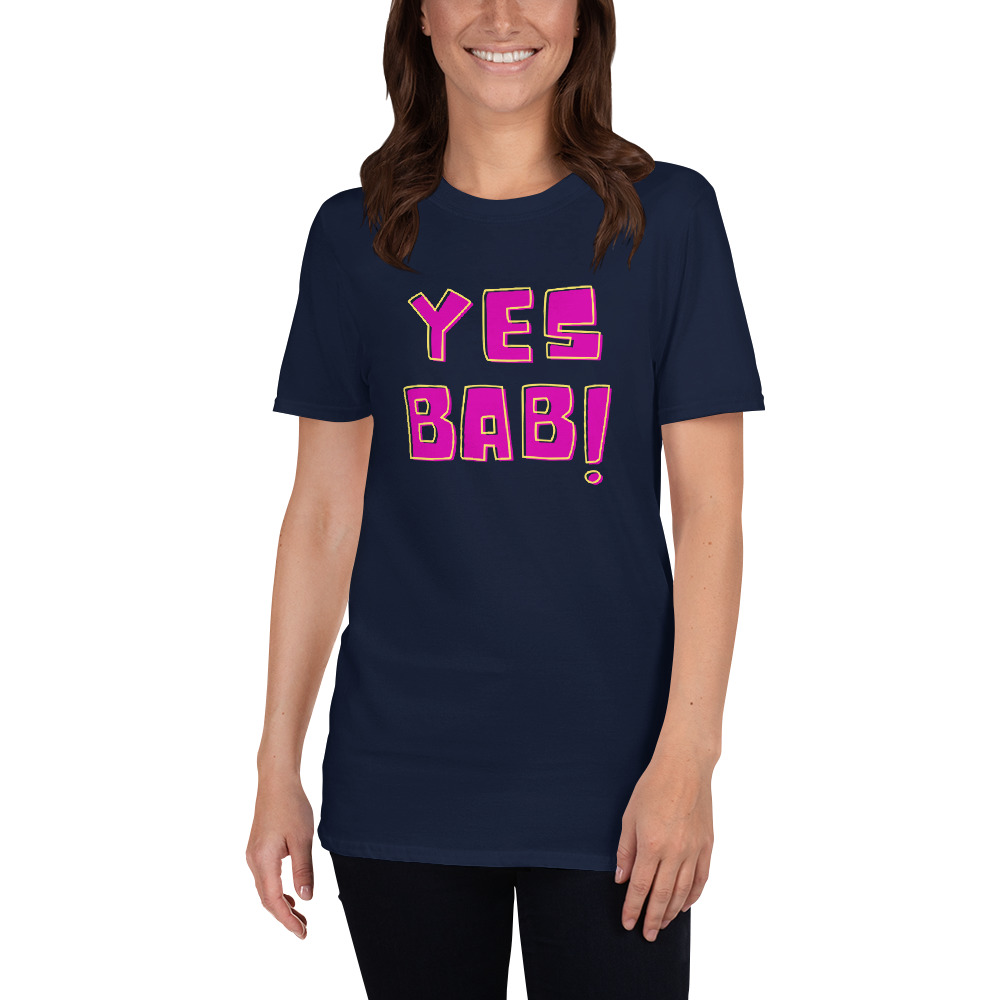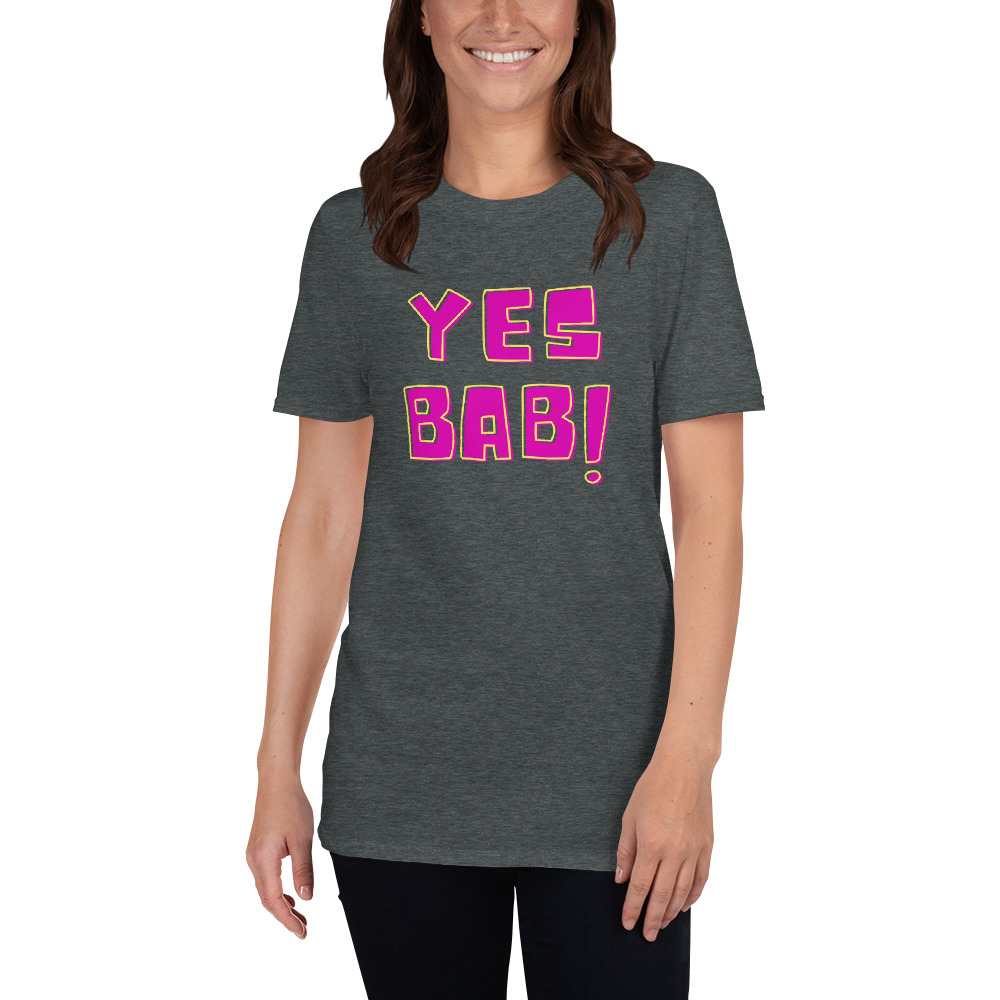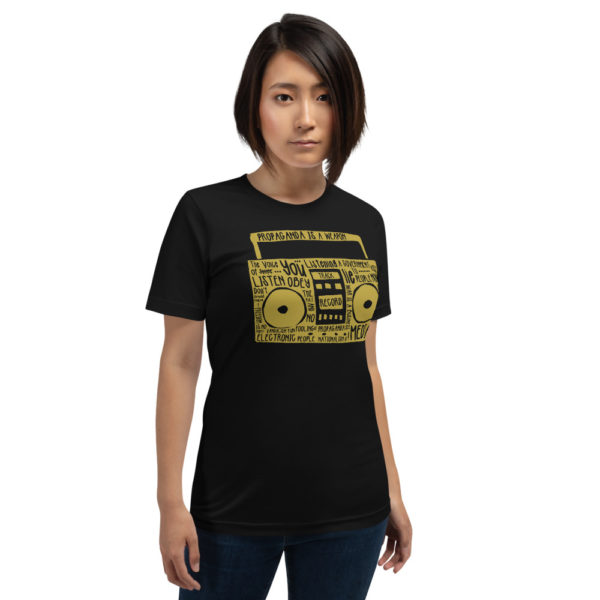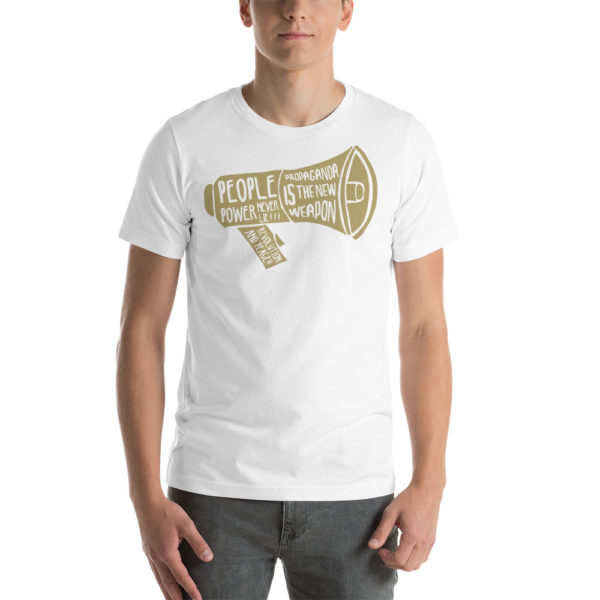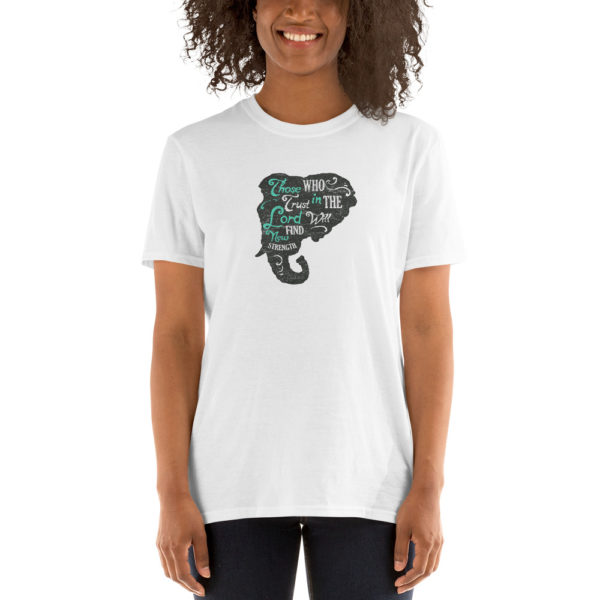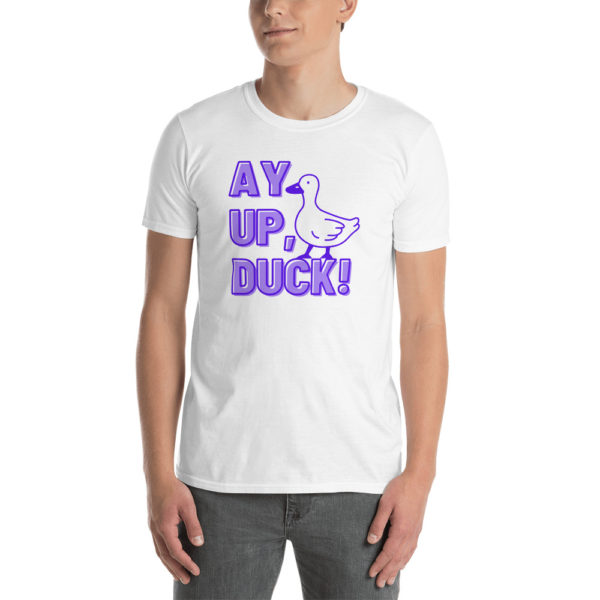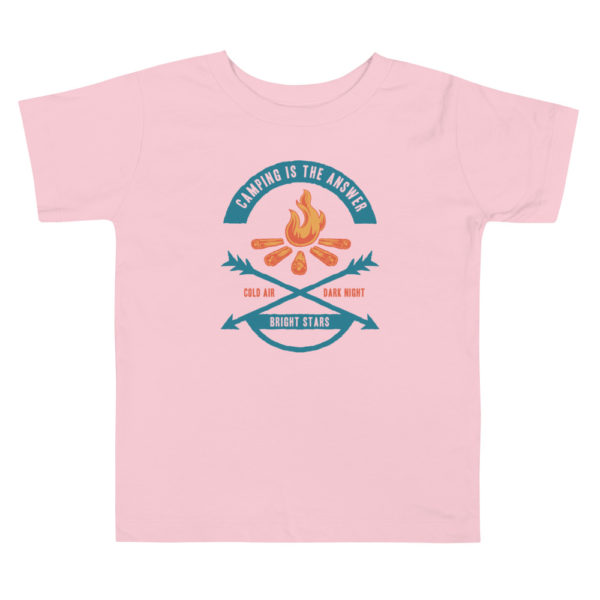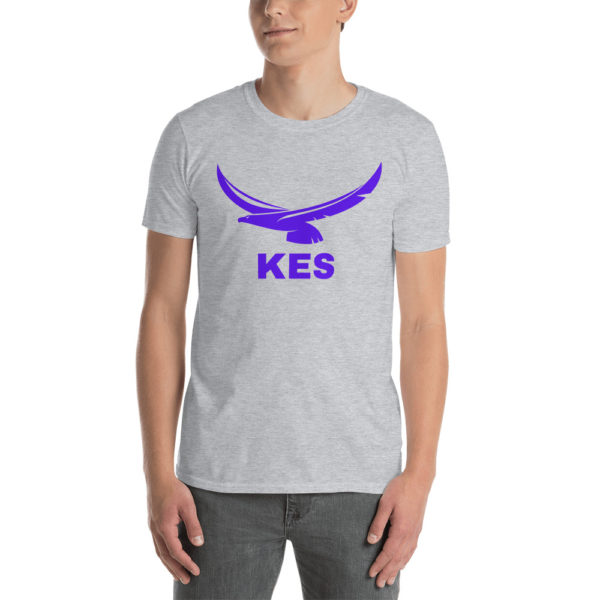Yes Bab T Shirt
The Yorkshire dialect is just as diverse and interesting as the wider area of Yorkshire. You can find out about all of the fascinating varieties of Yorkshire today by learning the various Yorkshire phrases that are commonly used there. For example, did you know that the word for today is “torch”? Or that you can see the origin of the word “nowt” in Yorkshire? If not, then you will definitely want to learn more about it. We will examine some of the many varieties of Yorkshire and their interesting etymology.
One of the interesting varieties of Yorkshire phrases is called “nowt”, which originates from the verb “now” and refers to an article via the past tense. “Nowt” is commonly used as an adjective, forming a new word. In most cases, you have to take the object in the present tense in order to form a new phrase. For example, “The man that I killed in the war”; “That fool that fought with me at Rheims”, and “I am going to get that fool to testify for me”.
Nowt can also be used as a verb, to form new phrases such as “to get ready” or “to get well”. Another version of “nowt” is “fer thissen”, which means “to go to (a)”. The word “fer” comes from the verb “ferre”; to drive. “Thissen” comes from the word “seyen”, a North English word for sun.
The “yeasty ludd” and “yeasty ludd bar” are two popular examples of Yorkshire dialect words that describe popular events in old Yorkshire. A popular outdoor event in old Yorkshire called the “limb festival” had its beginning in the year 1130, when a king of Scotland was driven from his kingdom. His loyal subjects gathered to celebrate his death and bury him in a great hall, known as the “limb hall”, and use the “limb” to describe the deceased. The word “limb” itself came from the verb “load” – to load. Another variation of the word “limb” is “haul” – to haul.
“Nowt he tells me, I cannot,” is an example of a Yorkshire dialect saying that expresses uncertainty. The allus is the archaic version of the modern word “lie” (meaning “alone, alone, oneself”). The allus now describes the situation where someone is in the company of many people. “Nowt he tells me, I cannot,” is a Yorkshire saying that expresses doubt. The allus now refers to a situation that is precarious or insecure.
The phrases “put wood in the fire” and “when the wood comes in put it in the cart,” are examples of old Yorkshire dialect phrases that suggest the owner would be responsible for maintaining the caravans. The phrase “when the wood comes in put it in the cart” suggests that the caravans were carts. Both phrases are written in the present tense, but in Old Yolk they are written as “wood come in cart.” The plus indicates that the owner of the caravans would have to be at the caravan site to see the wood pulled in. A similar expression is “the man that keeps the dog tied to the cart.” The plus indicates that the dog would have to be tied to the cart by its owner.
The Yorkshire phrases “drink the clotted milk” and “the girl’s on a roll” show how all phrases can be intertwined. The album refers to a situation in which the girl is highly placed or in control, while the all phrase describes something she does. A Yorkshire phrase such as “the man that never liked his own face” shows that the person speaking generally has a high position in society or is an expert in some aspect of life. In the same way, “the man who never had a platter” reflects the fact that all persons are experts in food management. Other words used in Yorkshire phrases include “a top she’ll eat up” and “the man that never lost his platter.”
In many of the examples of Yorkshire phrases found in literature, you can see the influence of British English. This means that the origin of many of the standard phrases, including allus, allocate, and allicat, may have originally come from the British language. However, the majority of Yorkshire phrases are of continental origin. Therefore, it is possible that many words we use today, particularly in the United States, owe their origin to the speech of the British.



